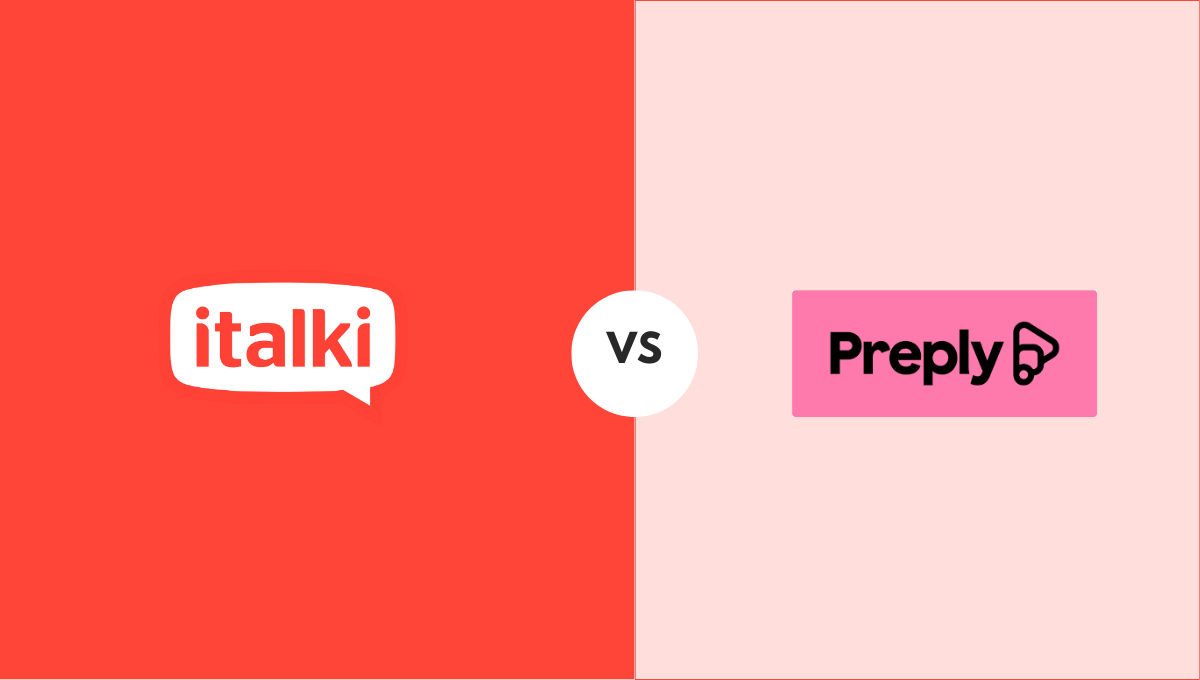Are you looking to learn a new language but feeling overwhelmed by the options available? Fear not, as there are some languages that are considered easier for English speakers to learn than others. In this comprehensive guide, we will explore the easiest language to learn for English speakers and provide tips on how to start your language-learning journey.

Plus, we’ll introduce you to italki, a platform that connects language learners with teachers and language exchange partners from around the world.
The Easiest Languages for English Speakers to Learn
- Spanish
- Italian
- French
- Dutch
- Portuguese
Learning a new language can be a daunting task, especially if you are starting from scratch. While there is no single answer to the question of which language is the easiest to learn, there are certain factors that can make some languages easier for English speakers to pick up than others.
Are you interested in learning Japanese?
With italki, you can connect with native Japanese speakers from around the world, practice your speaking skills through personalized language lessons, and immerse yourself in the language and culture.
Spanish
Spanish is one of the easiest languages to learn for English speakers. It is a romance language, which means that it shares many similarities with English. This includes a large number of cognates or words that are similar in both languages. Spanish also has a straightforward grammar system, with few irregular verbs and a regular sentence structure.

Italian
Italian is another romance language and is considered one of the easiest languages for English speakers to learn. Like Spanish, it has many cognates with English, and the grammar system is relatively simple. Additionally, Italian pronunciation is consistent and easy to master.

French
French is also a romance language and is widely spoken around the world. While it may be slightly more difficult to learn than Spanish or Italian, it still has many similarities with English. French grammar can be challenging, but the language is known for its consistent pronunciation, making it easier to speak.

Dutch
Dutch is a Germanic language, which means that it is closely related to English. It shares many cognates with English and has a relatively simple grammar system. Additionally, Dutch pronunciation is relatively easy to master, making it easier to speak.
Portuguese
Portuguese is a romance language that is spoken in countries around the world, including Brazil and Portugal. It shares many similarities with Spanish and Italian, including a large number of cognates and a straightforward grammar system. Portuguese pronunciation can be challenging, but once mastered, the language is relatively easy to speak.
Are you interested in learning Japanese?
With italki, you can connect with native Japanese speakers from around the world, practice your speaking skills through personalized language lessons, and immerse yourself in the language and culture.
Why Are These Languages Considered Easy to Learn
There are several reasons why these languages are considered easy to learn for English speakers. One of the main reasons is their similarity to English. Romance languages like Spanish, Italian, and French share many cognates with English, making it easier to recognize and remember new words. Germanic languages like Dutch also have many similarities with English, including a similar sentence structure.
In addition to their similarities to English, these languages also have relatively simple grammar systems. While there are some irregular verbs and exceptions, the grammar rules in these languages are generally straightforward and easy to understand.
Finally, the consistent pronunciation of these languages makes them easier to speak. Unlike English, which has many irregularities in pronunciation, these languages have more consistent sound patterns. This makes it easier to learn and remember new words.

Find Your Perfect Teacher
At italki, you can find your online tutor from all qualified and experienced teachers. Now experience the excellent language learning journey!
Book a trial lesson
Tips for Learning a New Language
Once you have decided which language you want to learn, it’s time to get started. Here are some tips to help you on your language-learning journey.
Start with the basics
Before diving into more complex grammar and vocabulary, it’s important to start with the basics. This includes learning the alphabet, numbers, and basic phrases such as greetings and introductions. This will help you build a solid foundation for further learning.
Practice regularly
Consistency is key when it comes to language learning. Even just 15-20 minutes of practice a day can make a big difference over time. Make language learning a daily habit and try to incorporate it into your routine.
Use a variety of resources
There are many resources available for language learners, including textbooks, apps, and language exchange websites. Experiment with different resources to find what works best for you. italki is a great platform to find language exchange partners and teachers for personalized language learning.
Immerse yourself in the language
The best way to learn a language is to immerse yourself in it. This can include watching TV shows or movies in the target language, listening to music, or even traveling to a country where the language is spoken.
Don’t be afraid to make mistakes
Learning a new language can be intimidating, but it’s important to remember that making mistakes is a natural part of the process. Don’t be afraid to speak and practice, even if you make errors. This is how you will learn and improve.
How italki Can Help You Learn a New Language
We’ll introduce you to italki, a platform that connects language learners with teachers and language exchange partners from around the world. With over 10,000 teachers available, you can find a teacher who matches your learning style and schedule. Plus, with the language exchange feature, you can practice speaking with a native speaker and learn more about the culture of the language you’re learning.

Why Choose italki
We’ll explore the benefits of using italki, including the flexibility of scheduling lessons, the personalized approach to learning, and the cost-effectiveness compared to traditional language classes.
How to Get Started with italki
We’ll provide step-by-step instructions on how to create an italki account, browse available teachers, and book a trial lesson to get started on your language learning journey.
Want to learn a language at italki?
Here are the best resources for you!
Frequently Asked Questions
Q: How long does it take to learn a new language?
A: The amount of time it takes to learn a new language depends on several factors, including your level of dedication, the complexity of the language, and how much time you dedicate to practice. With consistent practice, it is possible to reach a basic conversational level in as little as 3-6 months.
Q: How much does it cost to learn a new language on italki?
A: The cost of learning a new language on italki varies depending on the teacher and the number of lessons you take. However, italki offers affordable options for language learners, with prices starting as low as $5 per lesson.
Q: Can I learn a new language without a teacher?
A: While it is possible to learn a new language without a teacher, having a teacher or language exchange partner can greatly accelerate your learning process. They can provide personalized feedback, help you with pronunciation, and answer any questions you may have.
Conclusion
Learning a new language can be a fun and rewarding experience. While there is no single answer to the question of which language is the easiest to learn, languages like Spanish, Italian, French, Dutch, and Portuguese are great options for English speakers. With consistent practice and the right resources, anyone can learn a new language. And with italki, you can easily connect with teachers and language exchange partners from around the world to accelerate your language learning journey. So why not start today?
Are you interested in learning Japanese?
With italki, you can connect with native Japanese speakers from around the world, practice your speaking skills through personalized language lessons, and immerse yourself in the language and culture.


















